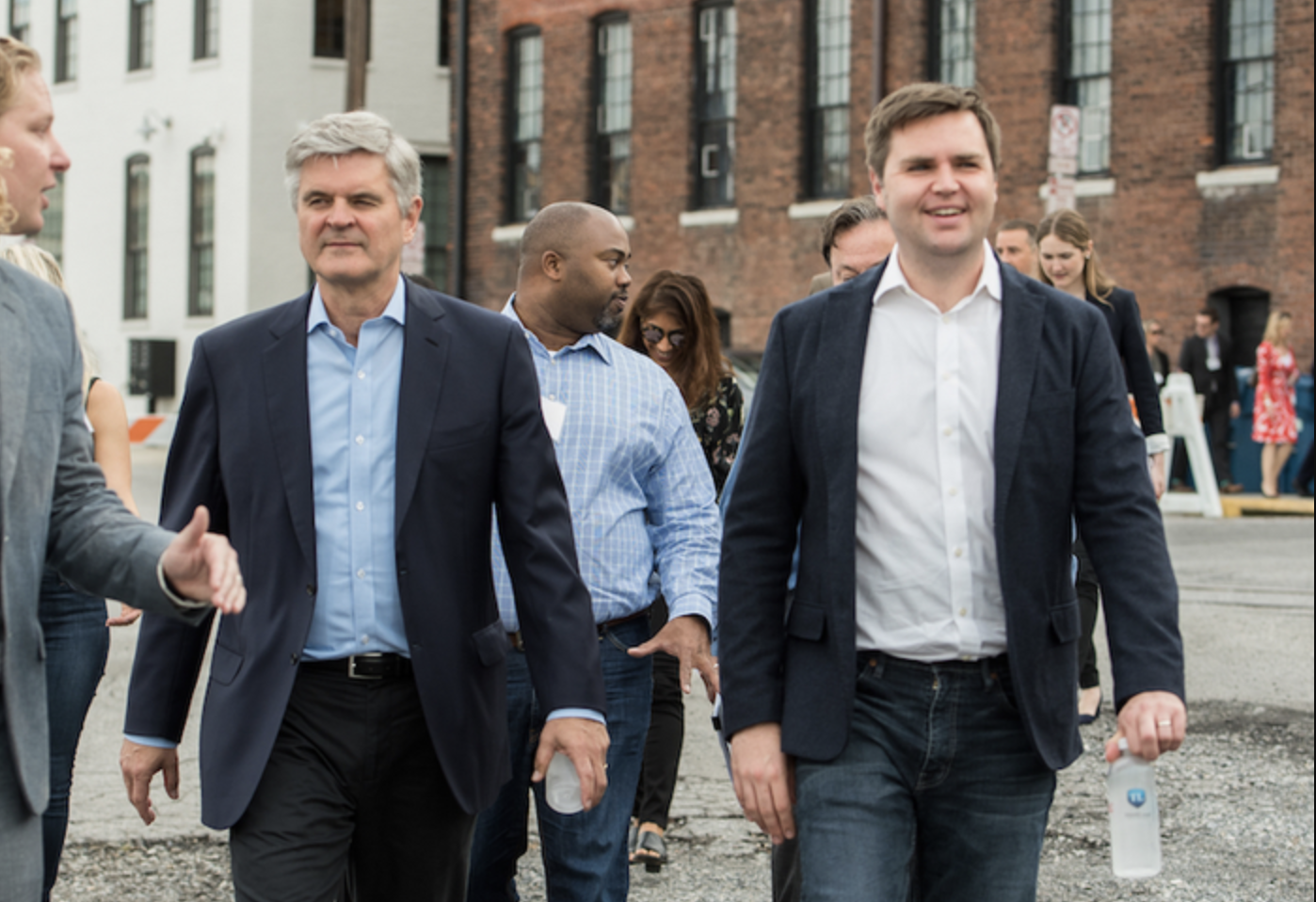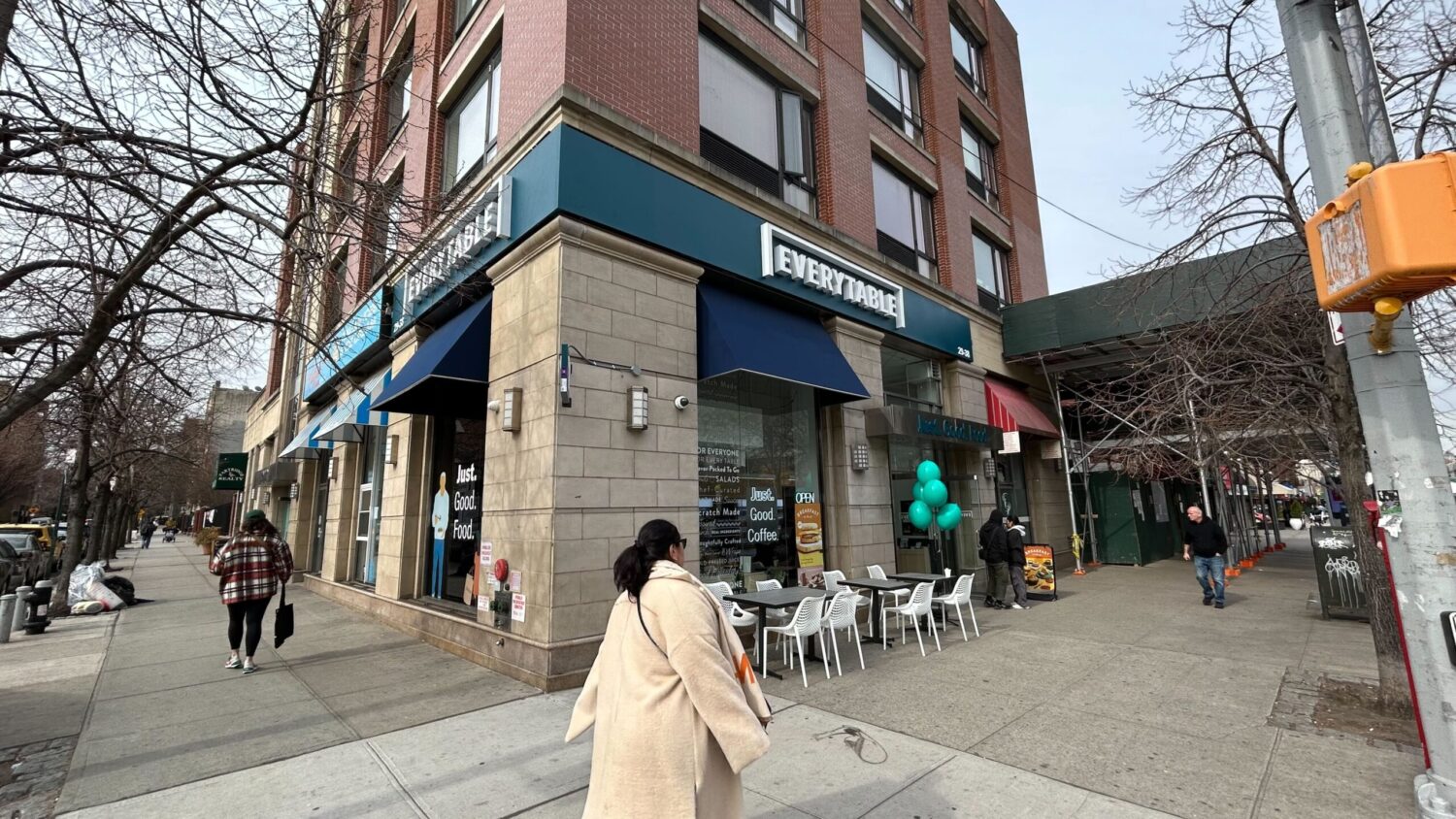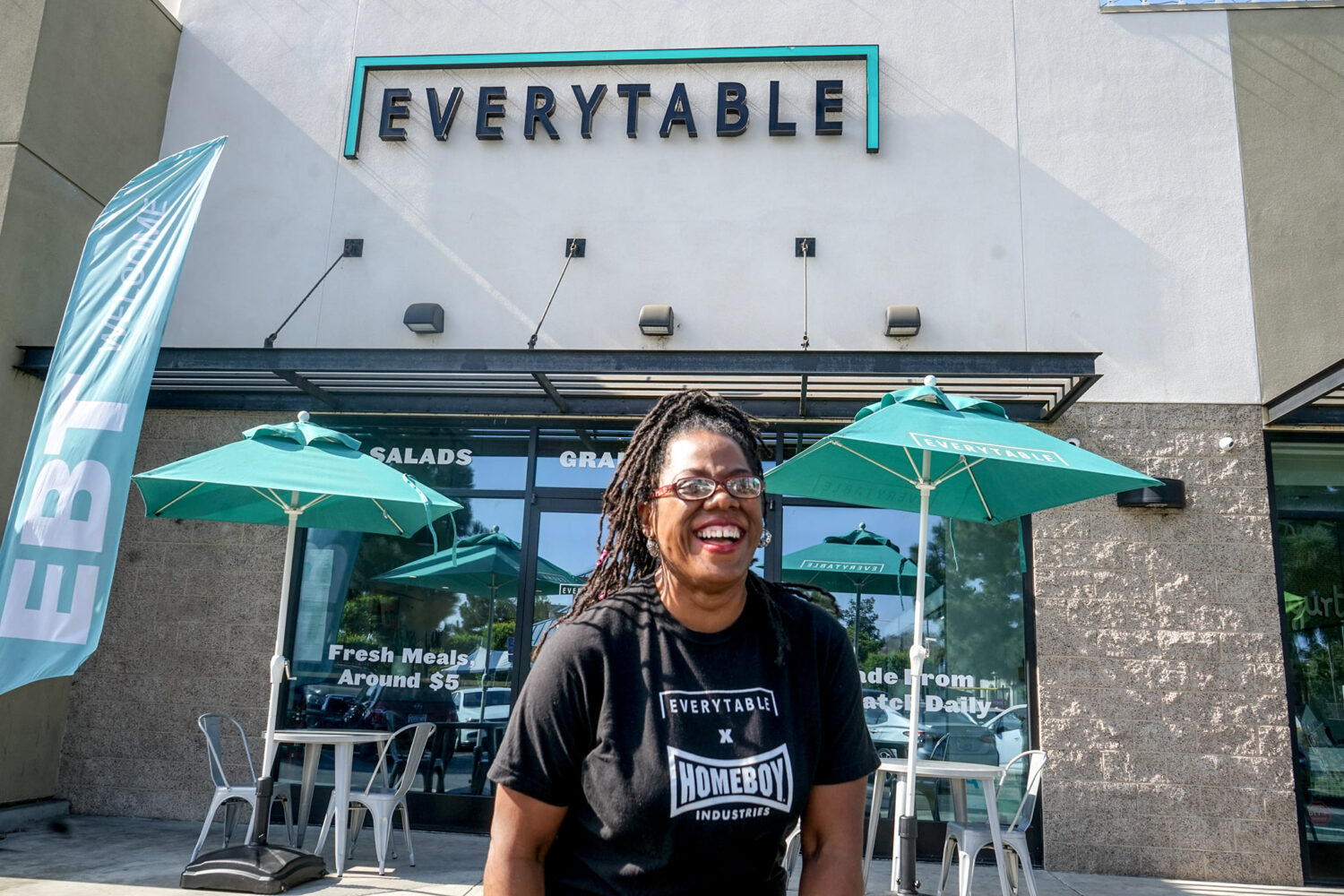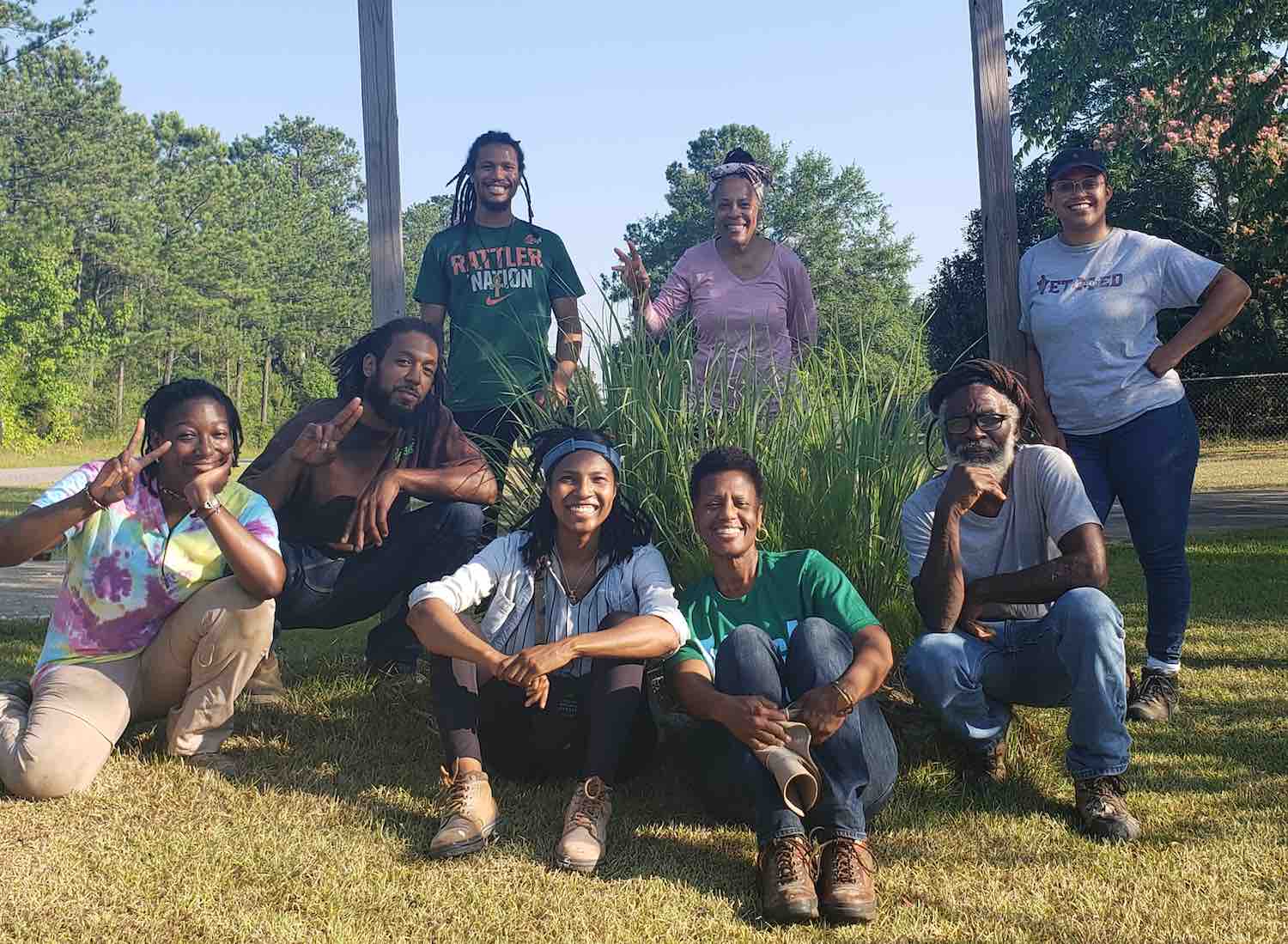ImpactAlpha, Apr. 28 – Before he got Donald Trump’s nod in the Republican primary for Ohio’s U.S. Senate seat, J.D. Vance was – briefly – the face of an impact-oriented venture fund that championed startup investing in America’s heartland.
On the strength of Trump’s endorsement, the marine-turned-millionaire venture capitalist and author of Hillbilly Elegy has pulled ahead in next week’s race.
Vance’s role as an impact investor represents a chapter of his career that almost all involved would rather forget.
Vance is very publicly joined at the hip to tech billionaire Peter Thiel, who has made a point of departing Silicon Valley. Thiel hired Vance in 2016 and has provided more than $10 million in the current election cycle to a super PAC backing Vance’s Senate candidacy. Thiel resigned from Facebook’s board in order to support Vance and other Republican candidates.
But Vance is less eager to tout his partnership with another billionaire, AOL founder Steve Case, an independent who endorsed Hillary Clinton in 2016. Vance had a prominent role in Case’s Rise of the Rest fund and multi-city bus tour, which focused on startups outside of the usual tech hubs of Silicon Valley, Boston and New York.
And Vance, who has had to distance himself from his own past tweets and comments critical of Trump, is probably even less keen to dwell on the fact that at Case’s Revolution LLC, the sponsor of the Rise of the Rest fund, he worked directly with another partner, Ron Klain, now chief of staff to none other than President Joe Biden.
No worries, J.D. – Case, Klain and others involved with Rise of the Rest are not eager to discuss their now-ended partnership with you, either.
Case has not discussed his partnership with Vance publicly since Vance launched his Senate campaign; he declined to comment for this article. At least nine other current and former Revolution employees, co-investors, portfolio founders and accelerator partners involved with Vance’s stint at Rise of the Rest declined to comment or failed to respond to emails or phone calls.
Political pivot
In his campaign for Senator, Vance has railed against “American elites” and “woke capitalism” as obstacles to the good fortunes of everyday U.S. citizens.
But for several years, from 2017 to 2020, Vance was raising money for Rise of the Rest from just such elites, contrasting with the hard-scrabble, up-from-poverty image he has parlayed into a book, movie, and now Senate candidacy.
Rise of the Rest’s backers included Trump nemesis Jeff Bezos, hedge fund billionaire Ray Dalio (who reportedly called Trump “an imbecile”), former Hewlett Packard CEO Meg Whitman (who endorsed Joe Biden as speaker at the Democratic National Convention in 2020) and venture capitalist (and major Clinton donor) John Doerr, along with members of the Pritzker family, the Waltons, the Kochs and more.
“All told, it may be the greatest concentration of American wealth and power in one investment fund,” Andrew Ross Sorkin of The New York Times wrote in 2017.
Vance’s role in Rise of the Rest came about as the result of an abrupt strategic pivot by Case following Trump’s surprise election in 2016.
Case and many others expected Klain, a longtime Washington, D.C. insider who had held top posts in both the Clinton and Obama administrations, to become Clinton’s chief of staff, positioning Rise of the Rest as an example of the kind of “private capital for public good” models that Clinton was expected to champion as president.
With the abrupt shift in the political winds, Case quickly pivoted to embrace Vance’s celebrity and recruit him to front Rise of the Rest’s investment strategy to unlock innovation in “flyover” country by investing in overlooked startups between the coasts.
“The election surprised some folks in Silicon Valley, and woke them up to the fact there are a lot of people in the country who do feel left out and left behind,” Case told Vox at the time.
Vance “has a platform, a voice and a ton of credibility,” Case told the Washington Post in a separate interview.
Klain, who remained at Revolution as partner and general counsel, executed the partnership with Vance.
Case and Vance hit the road, “holding entrepreneurship competitions as if they were politicians on the campaign trail,” as Sorkin described it in The New York Times. By December of 2017, the first Rise of the Rest Fund had raised $150 million from a Who’s Who of wealthy American business executives and families.
The news stories of economic revival rolled in, including hits on “60 Minutes.” Case and Vance enjoyed a brief moment as celebrity investors out to discover gems in the heartland, spinning a compelling narrative of rising entrepreneurship between the coasts.
Before Rise of the Rest could raise a second fund, Vance and Case had parted ways. Vance left Revolution to launch his own midwestern venture fund, Narya Capital, recruiting at least two limited partners from the Rise of the Rest fund, High Alpha’s Scott Dorsey and Google’s Eric Schmidt.
Impact investor?
Case initially rejected the description of Rise of the Rest as an impact fund. “We’re fans of impact investing,” Case told Sorkin, “but we actually didn’t position this as an impact fund. First and foremost, our goal was to generate top returns.”
That formulation drew fire from advocates of impact investing who insist that positive social benefits and financial returns can go together – and Case quickly recanted. “I wanted to set the record straight: I absolutely believe that impact investing can produce the same sort of market returns that other types of investing can achieve,” Case wrote in a guest post on ImpactAlpha. “If my comments in The New York Times suggested otherwise, that was not my intent.”
Case went on to explain that Rise of the Rest does indeed have impact intentions: “My passion for what we’re doing with Rise of the Rest lies in the idea of leveling the playing field, so everybody, everywhere has a shot at the American Dream. Not a day goes by that I don’t stress that aspect.”
But the fund didn’t have plans to measure or report that impact, and thus couldn’t claim to be an “impact fund” by the criteria set by the Case Foundation, run by Jean Case, Steve’s wife and a prominent champion of impact investing.
Across two funds, Rise of the Rest has raised $300 million and made almost 200 investments in 87 cities. Six companies are valued at more than $1 billion. More than 40% of the fund’s portfolio companies have a female or diverse founder. After Vance departed, David Hall and Anna Mason, who both preceded Vance at Revolution, took the helm at Rise of the Rest.
The fund’s notable investments include New Orleans-based analytics company Lucid, which was acquired last year. Pasadena-based solar tech company Heliogen; Morehead, Kentucky-based indoor farming venture Appharvest; and Washington, D.C.-based government analytics firm Fiscalnote all went public via special purpose acquisition companies, or SPACs, last year.
Startups outside of Silicon Valley, New York and Boston are raising more money than ever, according to a Rise of the Rest report with Pitchbook. Last year, the share of capital going to Bay Area startups dropped below 30% for the first time in a decade.
Another sign of the shift in capital inland: VCs in Silicon Valley and New York deployed $24 billion in 2021 outside of the major startup hubs, versus just $4 billion a decade ago. “Flyover” country now boasts more than 3,000 active investors, up from 1,000 in 2011.
“Silicon Valley’s lock on the innovation economy is finally breaking,” said Case.
Woke capitalism
In raising a fund with Case, Vance went hat in hand to the rich and powerful, including Bezos and Schmidt, Google’s former CEO. Also on the list of Rise of the Rest LPs: Starbuck’s Howard Schultz, who briefly considered running for president to defeat Trump in 2020.
Schmidt, specifically, liked how Vance would deploy capital with a social mission, telling The New York Times he hoped the effort from Case and Vance would create “more jobs, more wealth, better products and help our society deal with a lot of jarring employment changes.”
As a Senate candidate, Vance has taken a dark turn. He draws from Trump’s culture war playbook, blaming America’s problems on Black Lives Matter, critical race theory and immigrants (even though, as Axios reports, approximately three dozen companies in which Vance-affiliated funds invested, and in which he still has economic interests, have applied for H-1B visas, which U.S. tech companies use to hire foreign workers).
On the trail, Vance has leaned authoritarian. If Trump were to win reelection, he says, he would advise him: “Fire every single mid-level bureaucrat, every civil servant in the administrative state, replace them with our people.” If the courts tried to stop him? “Stand before the country, and say the chief justice has made his ruling. Now let him enforce it.”
At a Washington, D.C. event last May at conservative think tank The Claremont Institute, Vance sought to look like he is taking on the corporate class.
The event’s keynote speaker, he trolled the Ford Foundation for its support of racial justice organizations. He attacked Harvard University, for training “the next generation of priests in the woke seminary that’s dominating our professional class.”
And Vance called out tech companies like Google and executives like Bezos, who he called “one of the largest funders of the Black Lives Matter movement,” and one who “benefits most when small businesses on Main Street are destroyed.”
Vance’s own ties to the tech and financial elite were left unmentioned.
“The biggest businesses, the most powerful institutions, the most powerful banks in this country, have aligned themselves against us,” said Vance. “That’s what woke capital is really about.”











